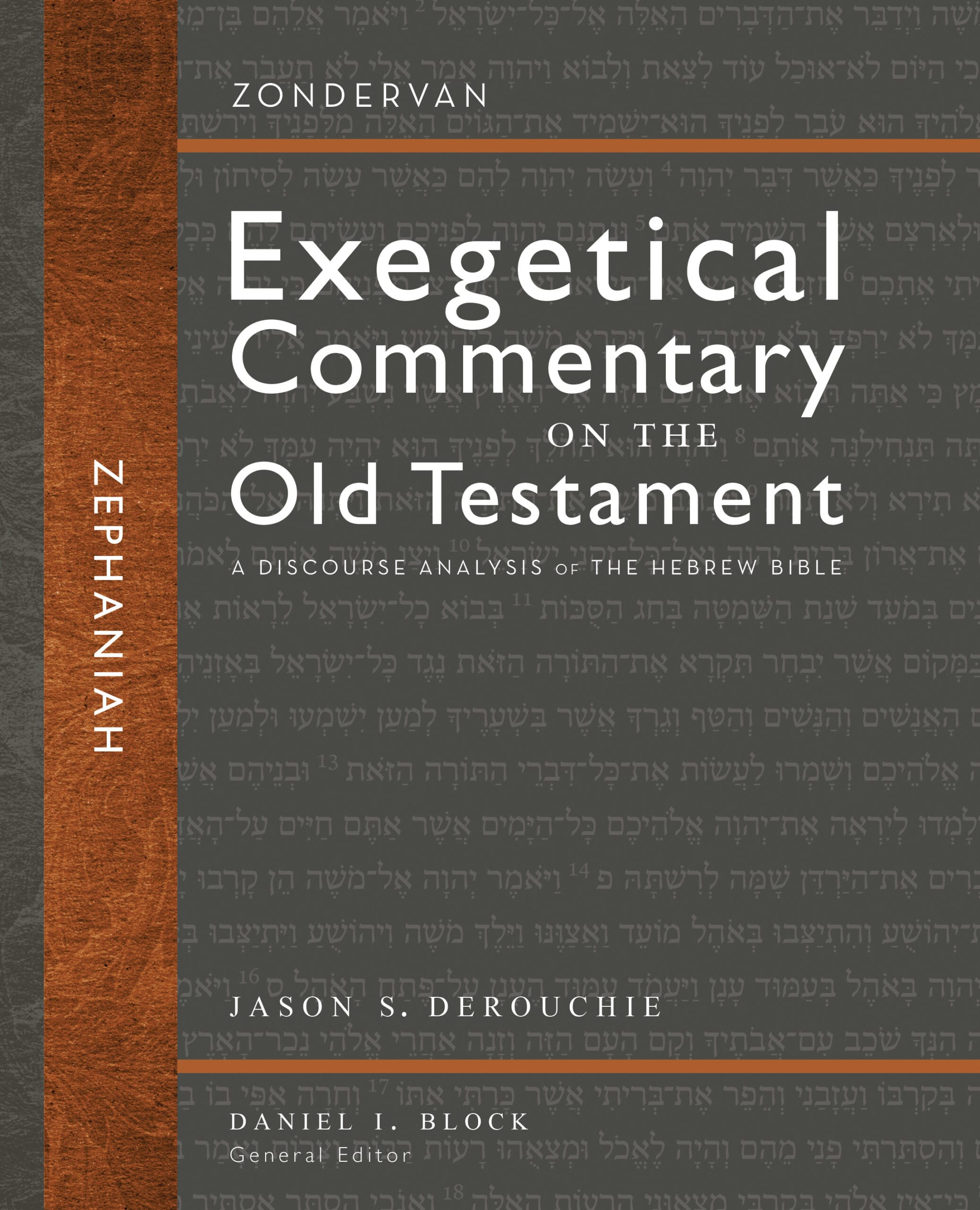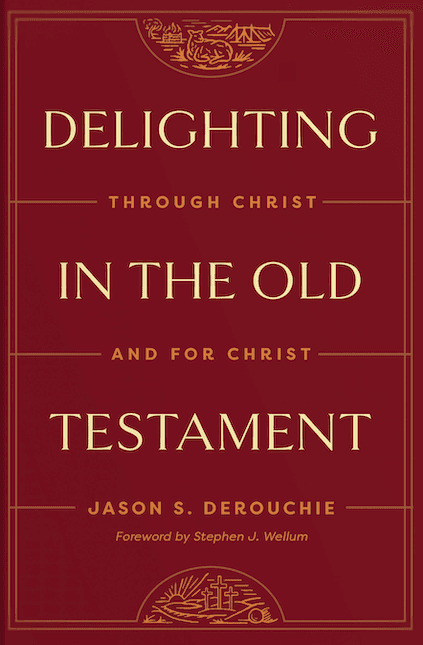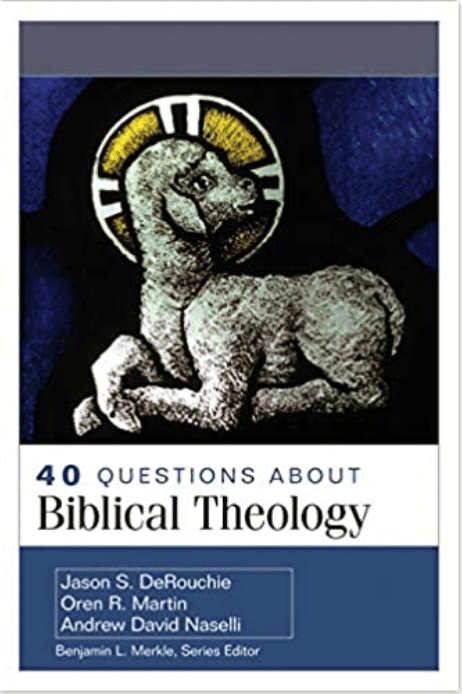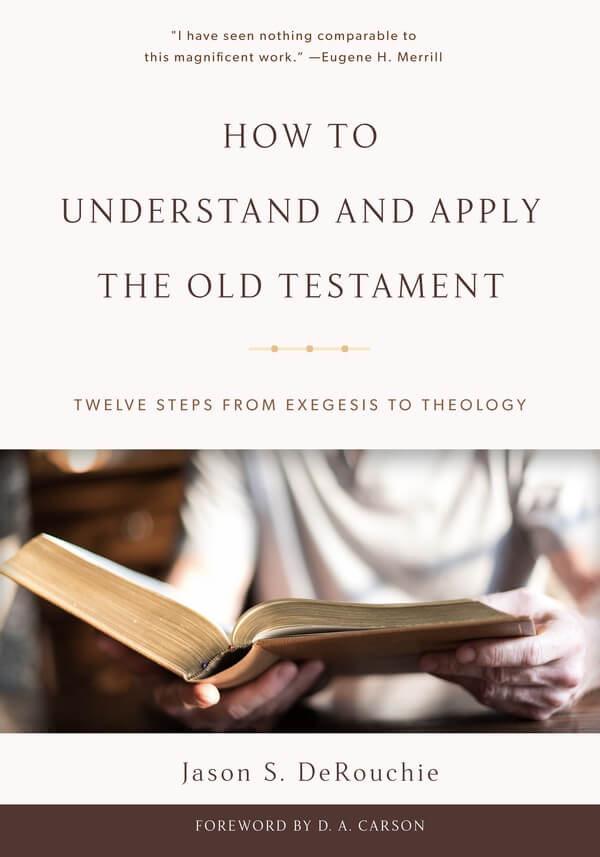Proclaiming the Kingdom
Blog
Follow Jason DeRouchie
4 Ways Jesus Fulfills Every Old Testament Promise
When Jesus fulfills the Old Testament Law and Prophets, he is actualizing what Scripture anticipated and achieving what God promised and predicted (Matt. 5:17; 11:13; Luke 16:16; 24:44). Truly every promise in Scripture is “Yes” in Christ (2 Cor. 1:20), and in him God...
Help! I Don’t Enjoy Reading the Old Testament
Nurturing Delight The Old Testament (OT) is big and can feel daunting, especially because it is filled with perspectives, powers, and practices that seem so far removed from Christians today. While we know that the psalmist found in it a perfect law that revives the...
The Story of God’s Glory in Christ
“When the fullness of time had come, God sent forth his Son” (Gal. 4:4), and now we are living at “the end of the ages” (1 Cor. 10:11; cf. Rom. 13:11). Jesus opened his ministry by “proclaiming the gospel of God, and saying, ‘The time is fulfilled, and the kingdom of...

A Month in Deuteronomy
Over the next several weeks, the GearTalk Biblical Theology podcast will enjoy A Month in Deuteronomy. Hands to the Plow's Creative Director, Mark Yaeger, has also designed some great cover art that may serve your ministry as you teach through this amazing book....
The Light and Lens Necessary to Fully Understand the OT
JY: Welcome to GearTalk, a podcast on Biblical Theology. Today's podcast continues our focus on the contents and interpretation of the Old Testament. Today Tom and Jason talk about the light and the lens necessary in order to fully understand the content in the Old...
The Biblical Covenants in Salvation History
JY: Welcome to GearTalk. How does the whole story of Scripture progress, integrate and climax in Christ? Jason DeRouchie took up this question in a message titled The Biblical Covenants in Salvation History, which he presented at the annual meeting of the Evangelical...
Why Missions
JY: Welcome to GearTalk. Today, we're replaying the first of three Missions-focused messages, originally delivered by Jason DeRouchie in the fall of 2022 at Midwestern Seminary and Spurgeon College's Fusion Youth Weekend. The title of today's message is Why Missions....

How Jesus Makes Moses’s Law Matter
JY: Welcome to GearTalk, a podcast on biblical theology. Today's podcast focuses on the law of Moses and the Christian. As we've talked about in previous podcasts, Moses saw a day coming when God's people would obey the law. By this he meant the law recorded in...
DeRouchie Resources 2023
Articles /PDF/ “Foreword.” Pages xiii–xiv in The King-Priest in Samuel: A Messianic Motif by Nicholas Majors. Eugene, OR: Wipf & Stock, 2023. /PDF/ “Covenant.” Pages 144–50 in Dictionary of the New Testament Use of the Old Testament edited by Beale, Carson,...
Do We See the Trinity in the Old Testament
JY: Welcome to GearTalk, a podcast on biblical theology. Today, Tom Kelby and Jason DeRouchie consider a question regarding the Trinity and the Old Testament. What did the Old Testament saints know about the Trinity? The podcast begins with an overview of the deity of...
About Jason S. DeRouchie
Dr. Jason DeRouchie (PhD, The Southern Baptist Theological Seminary) is a churchman and a passionate teacher driven to exalt Jesus from the Old Testament and to help Christians better grasp why the initial three-fourths of the Bible matters for Christians. He is Research Professor of Old Testament and Biblical Theology and Rich and Judy Hastings Endowed Chair of Old Testament Studies at Midwestern Baptist Theological Seminary in Kansas City, Missouri. He also serves as Content Developer and Global Trainer with Hands to the Plow Ministries and as a pastor of Sovereign Joy Baptist Church in the northland of Kansas City, MO.










